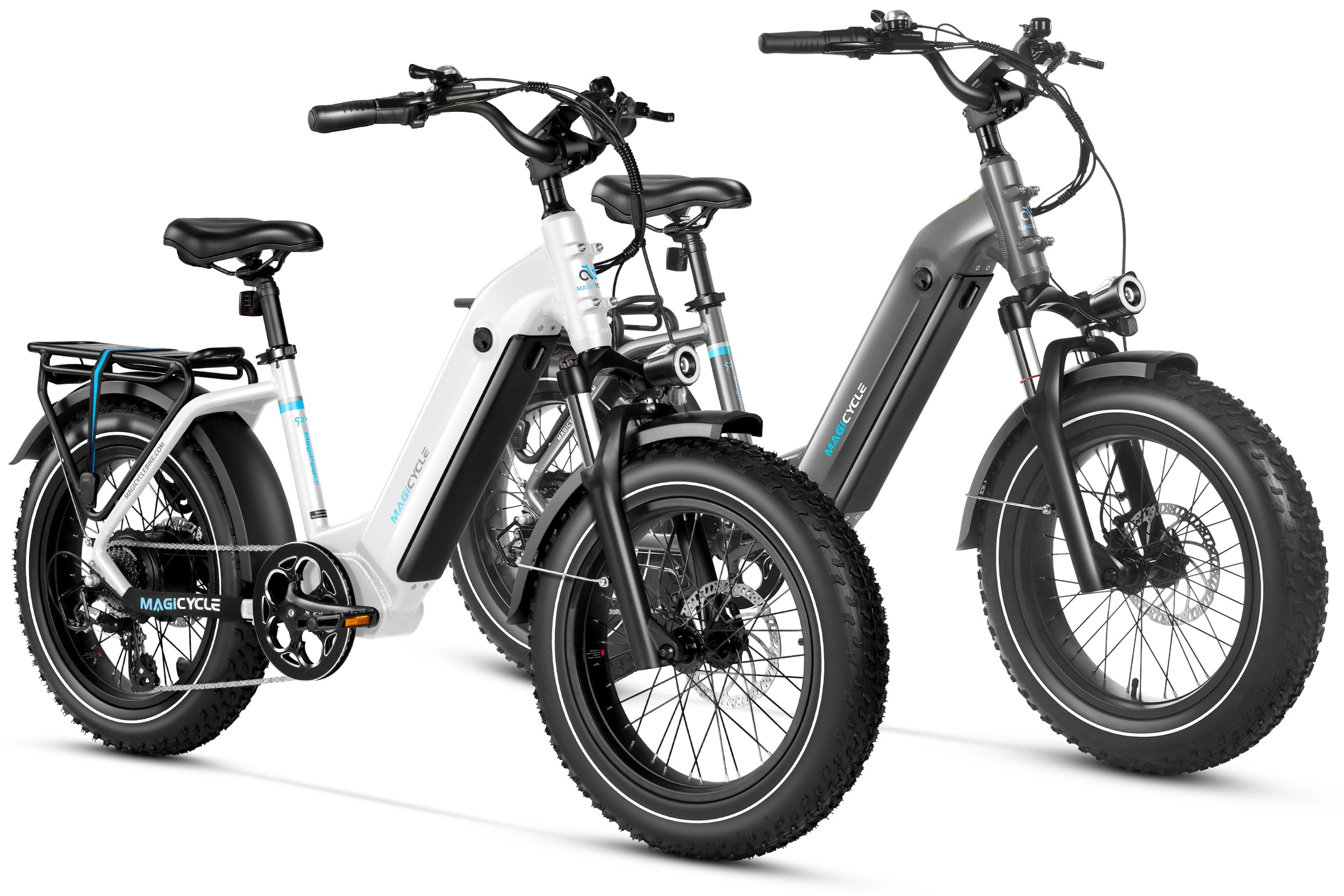The transportation landscape is undergoing a significant transformation, driven by technological advancements and a growing emphasis on sustainability. Among the myriad of innovations, long range ebikes are emerging as a pivotal player in reshaping how we commute and travel. This article delves into the future of transportation, exploring the potential of long range ebikes in an industry that is yet to be fully defined.

Revolutionizing Urban Mobility
Urban areas around the globe are grappling with traffic congestion, pollution, and the need for efficient transportation solutions. Long range ebikes offer a promising alternative to traditional vehicles, providing a sustainable and practical mode of transport. With extended battery life and enhanced performance, these ebikes can cover greater distances, making them ideal for daily commutes and urban exploration.
For instance, imagine a city where residents can effortlessly travel from one end to the other without the hassle of traffic jams or the environmental impact of fossil fuels. Long range ebikes can make this vision a reality, offering a cleaner, quieter, and more enjoyable commuting experience.
Environmental Impact and Sustainability
One of the most compelling reasons to embrace long range ebikes is their positive impact on the environment. Traditional vehicles contribute significantly to air pollution and greenhouse gas emissions. In contrast, ebikes produce zero emissions, making them an eco-friendly alternative. By reducing our reliance on cars and motorcycles, we can significantly decrease our carbon footprint.
Moreover, the production and maintenance of ebikes require fewer resources compared to conventional vehicles. This not only conserves natural resources but also reduces waste and promotes a circular economy. As cities worldwide strive to become more sustainable, long range ebikes present a viable solution to achieving these goals.
Technological Advancements and Innovations
The future of transportation is inextricably linked to technological advancements, and long range ebikes are no exception. Innovations in battery technology, lightweight materials, and smart connectivity are driving the evolution of ebikes. Modern batteries offer longer life spans and faster charging times, enabling riders to travel further without frequent recharges.
Additionally, the integration of smart features such as GPS navigation, real-time traffic updates, and health monitoring systems enhances the overall riding experience. These advancements not only improve convenience but also ensure safety and efficiency, making long range ebikes a practical choice for a wide range of users.
Economic Benefits and Accessibility
Long range ebikes are not only environmentally friendly but also economically advantageous. They offer a cost-effective alternative to traditional vehicles, with lower upfront costs and minimal maintenance expenses. This makes them accessible to a broader demographic, including students, professionals, and retirees.
Furthermore, the rise of ebike-sharing programs in urban areas has made it easier for people to access these innovative modes of transport. By providing affordable and convenient transportation options, long range ebikes can contribute to reducing socioeconomic disparities and promoting inclusivity.
The Road Ahead
The future of transportation is undoubtedly exciting, with long range ebikes poised to play a crucial role in shaping it. As we continue to explore the potential of these innovative vehicles, it is essential to consider the broader implications for urban planning, environmental sustainability, and economic development.
By embracing long range ebikes, we can create a more connected, sustainable, and inclusive world. Whether for daily commutes, leisurely rides, or exploring new destinations, these ebikes offer a glimpse into a future where transportation is efficient, eco-friendly, and accessible to all.
In conclusion, the future of transportation, exploring long range ebikes in an industry yet to be fully defined, holds immense promise. As technological advancements continue to drive innovation, and as cities and individuals prioritize sustainability, long range ebikes are set to become a cornerstone of modern mobility.







